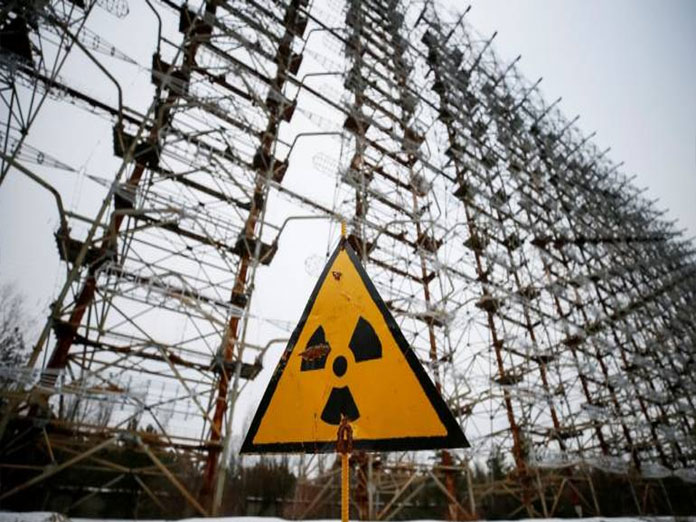Live
- Gavaskar calls for Siraj to be dropped, says 'Be brutally upfront' with him
- Procurement of 8 harbour tugs reinforces our commitment to self-reliance: Karan Adani
- South Korea: Ex-Defence Minister indicted on insurrection charges in martial law probe
- Exploring the Impact of Automation in Reducing Food Waste Across Supply Chains by Mohan Valluri
- Get-together at Vijayanagar College of Commerce
- Will remember Manmohan Singh in prayers, says Dalai Lama
- Dr Singh’s final farewell on Saturday; mortal remains to be kept at Congress HQs
- 100 Bangladeshi, Rohingyas held in 5 months at Agartala railway station alone
- Best Printers of the Year 2024
- 'Nothing short of a miracle': Siddaramaiah on late PM Manmohan Singh's life
Just In

Young diplomats from 27 countries are participating in the fellowship programme here that aims at equipping them with the knowledge and perspectives on various contemporary disarmament, nonproliferation, arms control and international security affairs
Young diplomats from 27 countries are participating in the fellowship programme here that aims at equipping them with the knowledge and perspectives on various contemporary disarmament, non-proliferation, arms control and international security affairs.
India's nuclear doctrine is based on a policy of minimum credible deterrence with a posture of no-first-use and non-use of atomic weapons against non-nuclear weapon states, Foreign Secretary Vijay Gokhale said on Monday.
Gokhale, in his keynote address at the 1st Disarmament and International Security Affairs Fellowship organised by the Ministry of External Affairs Ministry, also said that India has an impeccable record of non-proliferation of advanced WMD technologies which has been acknowledged globally.
"It is important to know that India was among the earliest advocates for the complete elimination of nuclear weapons. We continue to attach the highest priority to the goal of universal nuclear disarmament," Gokhale said.
In fact, pending the elimination of nuclear weapons, India has put forward several proposals in a Working Paper on Nuclear Disarmament in 2006, he pointed out.
"As a responsible nuclear power, our nuclear doctrine is based on a policy of minimum credible deterrence with a posture of no-first-use and non-use of nuclear weapons against non-nuclear weapon States," he said.
At the same time, he added India have called on all possessor states to engage in a meaningful dialogue to build trust and to reduce the salience of nuclear weapons.
"In this context, we have a robust civil nuclear programme with a range of societal applications, ranging from nuclear power generation to food security, health-care medicine and the use of radio-pharmaceuticals for diagnosis and therapy," Gokhale said.
"We see space technologies as furthering our country's developmental goals and India has today established itself as major space faring nation with a consistent and successful record of space launches and operational capability.
"The South Asian Satellite, that we launched last year, stands as testimony of our readiness to share our achievements with countries in our neighbourhood," Gokhale said.
It is this range of technological capabilities, and India's impeccable record of non-proliferation of advanced WMD technologies, that has been acknowledged through its membership of the Missile Technology Control Regime, the Wassenaar Arrangement and the Australia Group, he said.
Young diplomats from 27 countries are participating in the fellowship programme here that aims at equipping them with the knowledge and perspectives on various contemporary disarmament, non-proliferation, arms control and international security affairs.
United Nations Under Secretary General and High Representative for Disarmament Izumi Nakamitsu and Gokhale on Monday inaugurated the programme.
The programme is being held at the Foreign Services Institute from January 14-February 1.
It covers a range of issues relevant to disarmament and international security such as global security environment, weapons of mass destruction, certain conventional weapons, space security, maritime cooperation, security of cyberspace, export controls, emerging technologies etc., the MEA said.
The programme aims at equipping participants with knowledge and perspectives on various contemporary disarmament, non-proliferation, arms control and international security affairs, it said.

© 2024 Hyderabad Media House Limited/The Hans India. All rights reserved. Powered by hocalwire.com







